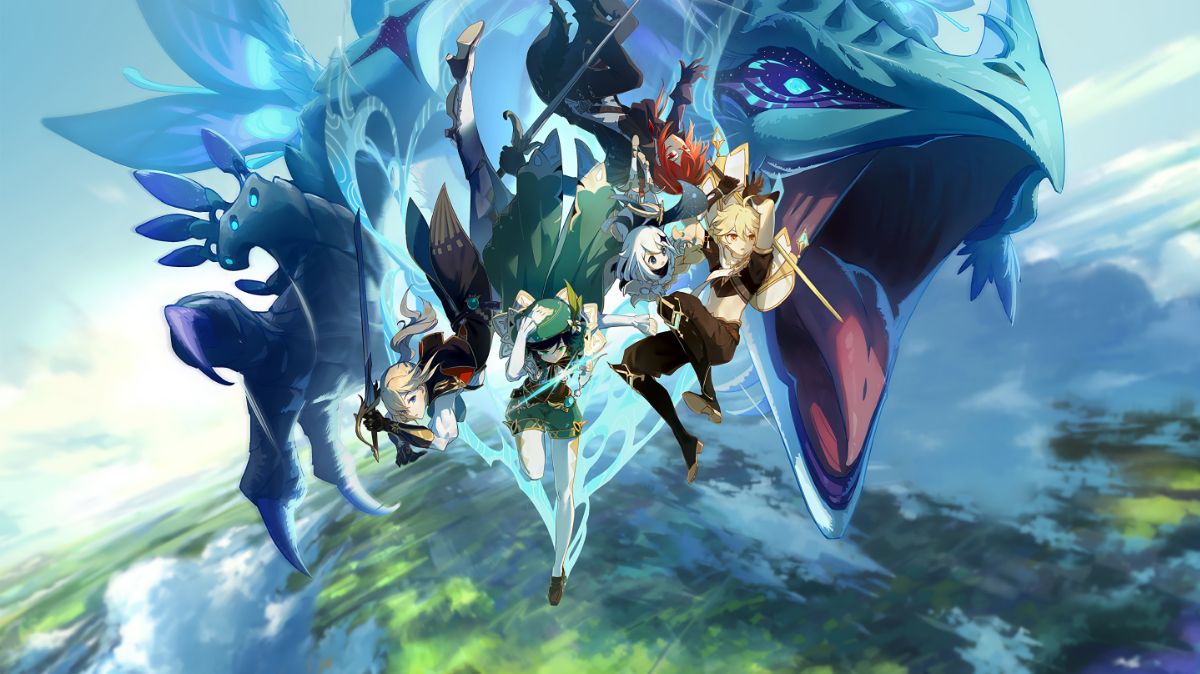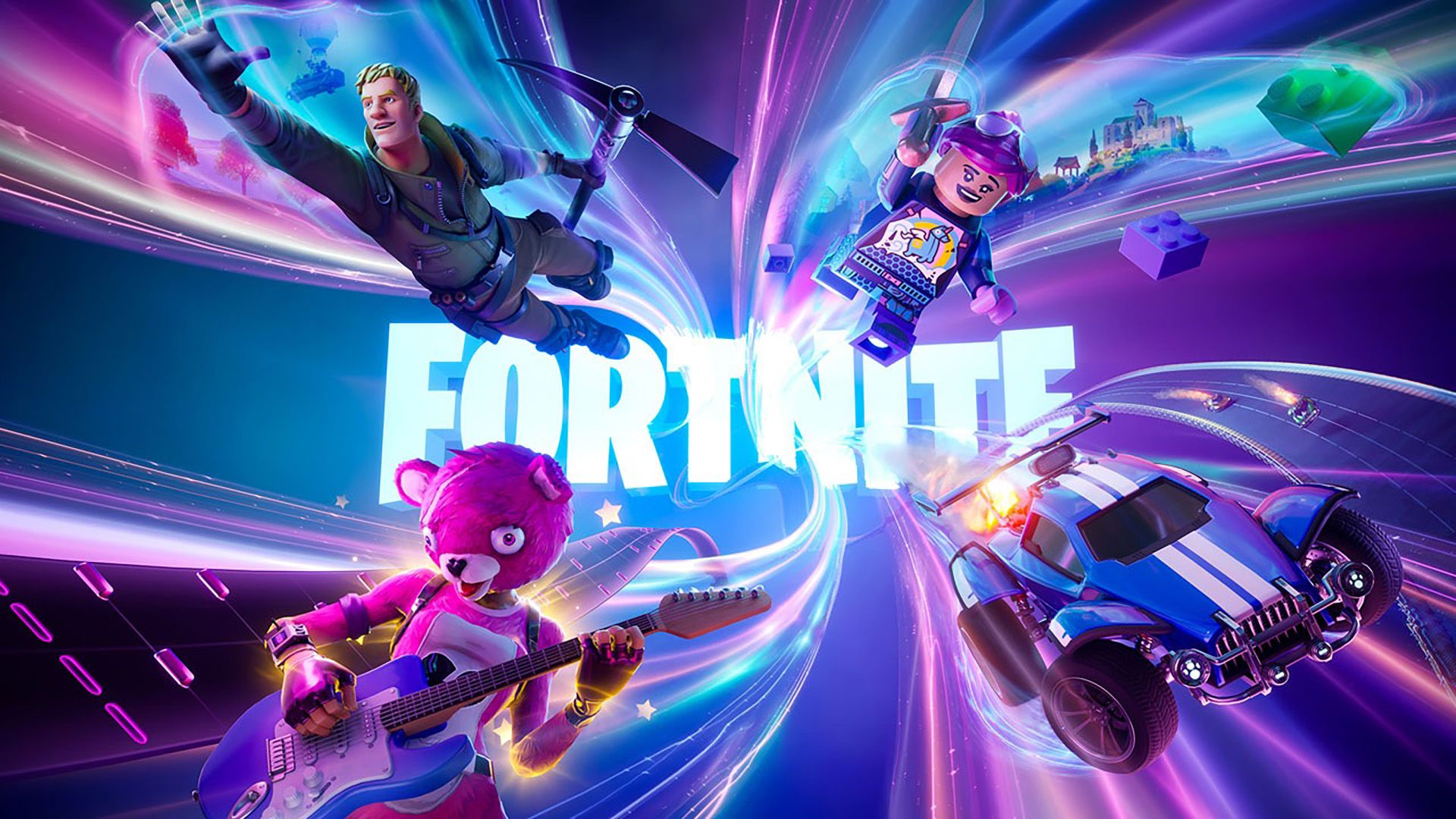Summary
- Seasonal and limited-time events keep games fresh with unique rewards and festive decorations and can make games feel more dynamic.
- Making content available for a limited time preys on FOMO and could even deter new players.
- Limited-time events can be improved by allowing players to access past event content in alternative ways.
Depending on who you ask, limited-time events are either the best or the worst parts of online games. Some players enjoy seasonal decorations and unique rewards, while others hate how large swaths of content are limited in this way.
Seasonal Events Keep Games Fresh
Massively multiplayer online games (MMOs) and other online-multiplayer games encourage you to play for hundreds if not thousands of hours. These games are filled to the brim with enough content to keep players engaged, but even the most obsessed fans will eventually get tired of playing through the same stages over and over.
Although major updates help alleviate this repetition, such additions often fail to stand out. In contrast, limited-time events allow for drastic changes and unexpected additions that can excite both new and old players.
Many games use limited-time events to celebrate holidays with festive decorations and themed rewards. If you play during Halloween, you’ll likely find glowing pumpkins and cauldrons scattered throughout your favorite online games. Likewise, Christmas marks the time when many games are blanketed in snow and festive lights that fit the season.
Holiday events like these mark the only times that you can see familiar stages in a radically different light, drawing many players to enjoy the scenery.
However, the real draw of limited-time events is their unique quests and exclusive rewards. You can expect seasonal events to provide new festive outfits and accessories every year, giving you a good reason to jump back into your favorite games for the holidays.
In addition to the usual annual traditions, other limited-time events such as free log-in bonuses or collaborations cater to new and lapsed players. Whether you’ve stopped playing a game or never heard of it in the first place, you might consider trying it to obtain guest characters or costumes from more recognizable series.
Even if you don’t enjoy a game, some limited-time events might encourage you to give it a second chance. Temporary modes can overhaul games in drastic ways so that even players who don’t enjoy the standard experience might have a great time with these events.
Overwatch 2‘s “Classic Mode” event allowed fans to relive the series’ early days with a mode that restored the game’s original balance issues and complete lack of team restrictions. Similarly, War Thunder‘s annual April Fools’ Day event lets players enter combat with outlandish new vehicles such as flying saucers, pirate ships, and bipedal mechs.
In rare instances, some games will revive these modes as permanent additions. Fortnite revived its “Fortnite OG” event—which restores the map and weapon pool of the game’s very first season—as a permanent mode after immense fan demand.
This isn’t the first time Fornite has promoted one of its limited-time events to full-time status. “No Build” mode—a game mode that removes crafting mechanics from Fortnite‘s battle royale—also started as a temporary addition before becoming one of the game’s most popular staples.
Even consoles are starting to adopt limited-time events for similar purposes. The PlayStation 5’s ongoing 30th-anniversary event introduced a temporary feature that allows console owners to swap between multiple menu themes based on previous PlayStation consoles, similar to the PS4’s themes. Additionally, the console now boots up with the original PlayStation’s iconic startup screen.
If you own a PS5, it’s worth turning on your console just to experience the 30th anniversary’s charming throwbacks to each era of PlayStation’s history.
Limited-time events provide plenty of reasons to revisit online games (and consoles), but they also create numerous problems for players.
Limited-Time Content Is a Double-Edged Sword
Limited-time events seem great while they’re active, but what happens when they end? Apart from rewards earned through quests, most of the cosmetics, gameplay features, and story content introduced in these events are removed from the game. If you didn’t get to experience these events within their limited availability, you’re out of luck. Even annual holiday events regularly change their content, meaning you won’t always be able to revisit quests or earn rewards from prior years.
It makes even less sense for online games to lock important story content behind limited-time events. Many live-service games like Genshin Impact and (to a lesser extent) Warframe have important story moments and character interactions locked behind limited-time events that are now inaccessible.
Depending on how they’re handled, limited-time events can be especially bad for single-player games. Final Fantasy XV featured two free event quests that were only playable for a limited time. Later updates unlocked the rewards from this event for all players, but the quests themselves are still unplayable.
Despite these problems, there’s still an argument to be made in favor of limited-time events. Not only do these events help virtual worlds appear more dynamic, but they also give greater significance to the content they offer. Even when a seasonal event consists of nothing but a few basic tasks, its quests and rewards stand out because of their brief availability.
But for new players who’ve missed years of limited-time content, the inability to revisit past events is frustrating at best and actively detrimental to a game at worst. Missing out on unique items or unlockable characters isn’t enough to ruin a game, but losing essential story content only makes these games less appealing to potential new players.
Despite this, limited-time events and their issues are still commonplace in online gaming.
Why Online Games Use Limited-Time Events
Most online games intentionally use limited-time events to elicit FOMO—fear of missing out—and encourage players to complete these events before they’re gone for good.
This doesn’t really change much for active players who already log in to the game on a regular basis, but they encourage lapsed fans to return and incentivize new players to join in. The temporary availability of these events also creates a sense of urgency, driving players to rejoin as soon as possible rather than adding the game to their ever-increasing backlogs.
The exclusive rewards you earn from completing limited-time events also make it harder to stop playing online games, particularly mobile games. With all the time (and possibly money) invested in a game and numerous event items that may never be available again, many players find it difficult to abandon a game even after they stop enjoying it.
This problem is extremely prominent in gacha games, which regularly feature limited-time events that increase the chance of earning rare rewards or temporarily add exclusive unlocks to the prize pool. Gacha games and many other live-service models are already addictive by design, but limited-time events only make these issues worse.
To be fair, this isn’t the only reason online games have limited events. The limited availability of seasonal events and their decorations serves a clear purpose, since they’d seem out of place at any other time of the year. Certain collaborations with other properties may also be limited by licensing agreements, meaning online games legally cannot keep these events running forever.
Almost all other forms of limited-time content serve to inspire FOMO among players, but it’s not hard to see why games have become so reliant on this practice. There are thousands of games competing for your attention, which forces developers to ensure players always have a reason to stick to their game.
While consistent content updates help, there’s nothing more effective at pushing you to play a game right now than a limited-time event. Because of this, many modern online games like Fortnite and Genshin Impact have been able to continually captivate their fans while constantly giving new players a reason to log in.
How Limited Time Events Can Improve
Limited-time events will likely remain a key part of online games forever, but that doesn’t mean their issues can’t be resolved. Final Fantasy XIV allows you to purchase seasonal items from past events through the game’s online store. Some games like Honkai Star Rail and Fate/Grand Order allow you to replay time-limited quests that you might have missed, though you won’t earn the rewards offered during the original event period.
There is still an element of FOMO present in these games, but the inclusion of alternative ways to play through past events or obtain unique items is far better than making them completely inaccessible. If online games truly need limited-time events to succeed, they should start making these improvements to avoid turning away potential players.







